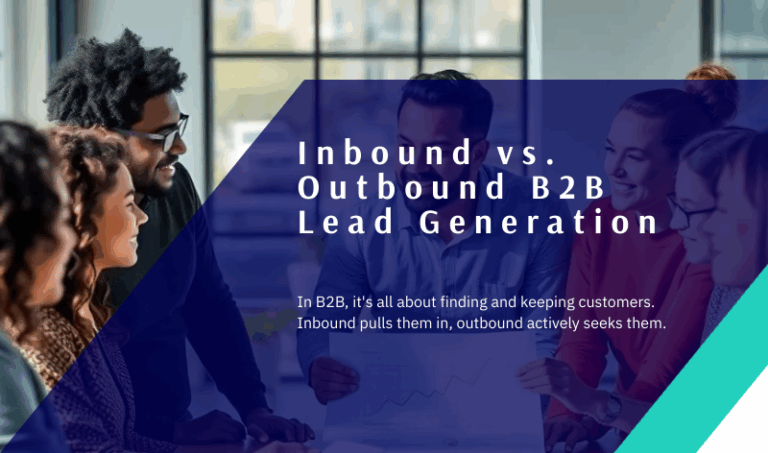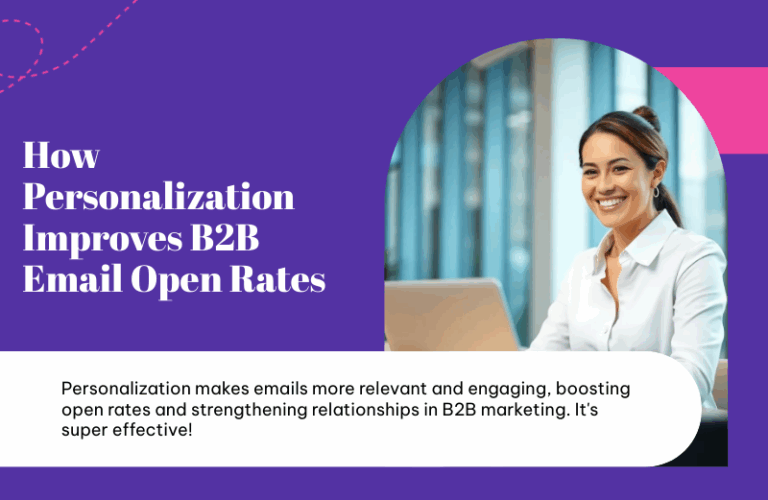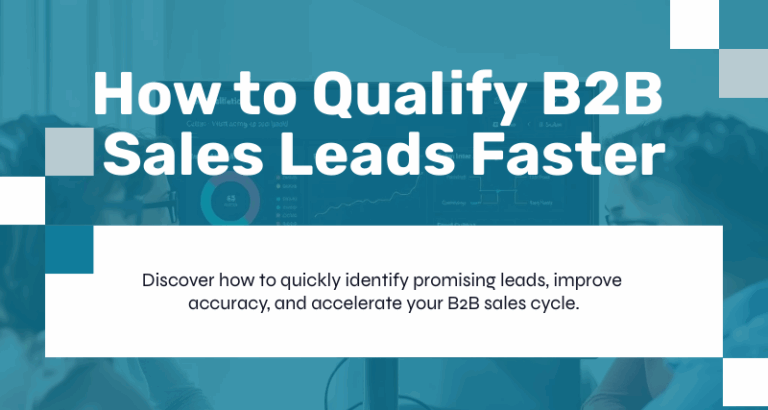
Every business owner wants to gain new customers and increase sales and revenue. How each business owner accomplishes this differs according to the industry, the company, and its individual business goals. Lead generation is usually included in a business’s marketing plan to help gain new customers. While flashy advertising, commercials, and aggressive sales pitches were once the dominant forms of advertising that attracted buyers, today’s buyers are more discriminating because they have the Internet at their disposal. In this new digital world, having a website is critical. Not only must it have a solid design and be fully optimized for search engines, but it must also continuously provide quality content that tells a story and is engaging. Your website, landing pages, and blogs must consistently offer informative, credible information to your visitors if you want to use them as a lead generation tool.
Because we now live in a digital world, if you are not engaging in lead generation, your business will struggle to sell your products and services and may not show any growth. Marketers must focus on being found by potential customers, and then build relationships with them to become buyers. The process of connecting people to businesses online is made possible by search engines such as Google. Businesses can now target potential customers who are actively searching for a specific product or service, increasing the chance of them purchasing that product or service from you and not your competitor.

The lead generation process develops the interest of a person in your product or service. It starts with them providing you with their contact details. This is often collected through forms on your website. Once you get this information, every potential lead should be nurtured, with your sales team taking the lead through your business sales funnel. Lead generation can take time, especially in the B2B buyers’ cycle, but it becomes exceptionally cost-effective when it turns prospects into customers.
Following are four reasons why lead generation is important for your business:
- Translating leads to customers to profits. To show you just how important lead generation is, a significant number of B2B marketers spend more than half of their marketing budget on lead generation, with a goal of increasing sales. While organically building customer relationships is usually the better choice over the long-term, lead generation can offer a quicker way to increase profits and expand your business. It can produce a good ROI and is one of the least expensive marketing methods.
- Brand awareness generation. Brand awareness measures how well your brand is known within its defined markets. Your goal is to build relationships with prospects throughout the lead generation process. Your buyer’s journey may begin on your webpage, perhaps when you offer a free resource (like an e-book, webinar, or discount) in return for the visitor’s information. The nurturing process then follows that prospective buyer, giving you the opportunity along the way to create a trusting, credible relationship by showing the prospect that you are an expert in your particular niche.
- Precise targeting of your “ideal” customer. Lead generation allows very targeted identification of the customers you want for your business because of the ability to collect demographic information about your prospective buyers, including their preferences and needs. This information allows you to tailor your products and services to your prospective buyers specifically. It is important to distinguish between a lead and a high-quality lead. You do not want to waste your resources on any lead that is unlikely to convert at some point. While making that distinction can be challenging, your marketing and sales teams should have insight into ensuring your leads are those most likely to convert.
- Lead generation is significantly less expensive than other types of advertising. Of course, you want to spend your advertising budget in the very best way possible to achieve the best ROI. Lead generation is relatively inexpensive. It is an excellent way to produce tangible results. Leads can vary from $5 to $500 per lead, depending on pricing and quality. The pricing could vary according to the relative difficulty in acquiring the lead, and a higher-quality lead generally results in a higher conversion rate.

Challenges with Lead Generation
There are challenges you face when engaging in lead generation. First, you must have a solid understanding of who your target audience is and what they want.
Second, you need the budget necessary for lead generation.
Third, you must devise a lead generation strategy that quickly gets a prospect’s attention and provides the right message.
Next, once you receive a lead, you must have a plan in place for an immediate, appropriate follow-up. Timing truly is of the essence in this situation.
And finally, make sure you have the right tools to measure your lead generation success. Analyzing the results will allow you to make adjustments when necessary in order to execute the most efficient and cost-effective strategy.
How Reach Marketing Can Help
Expanding your business means finding new customers. Reach Marketing is a b2b lead generation agency with experts with more than 40 years’ experience servicing small to large companies across all industries. Contact us today to get started.



